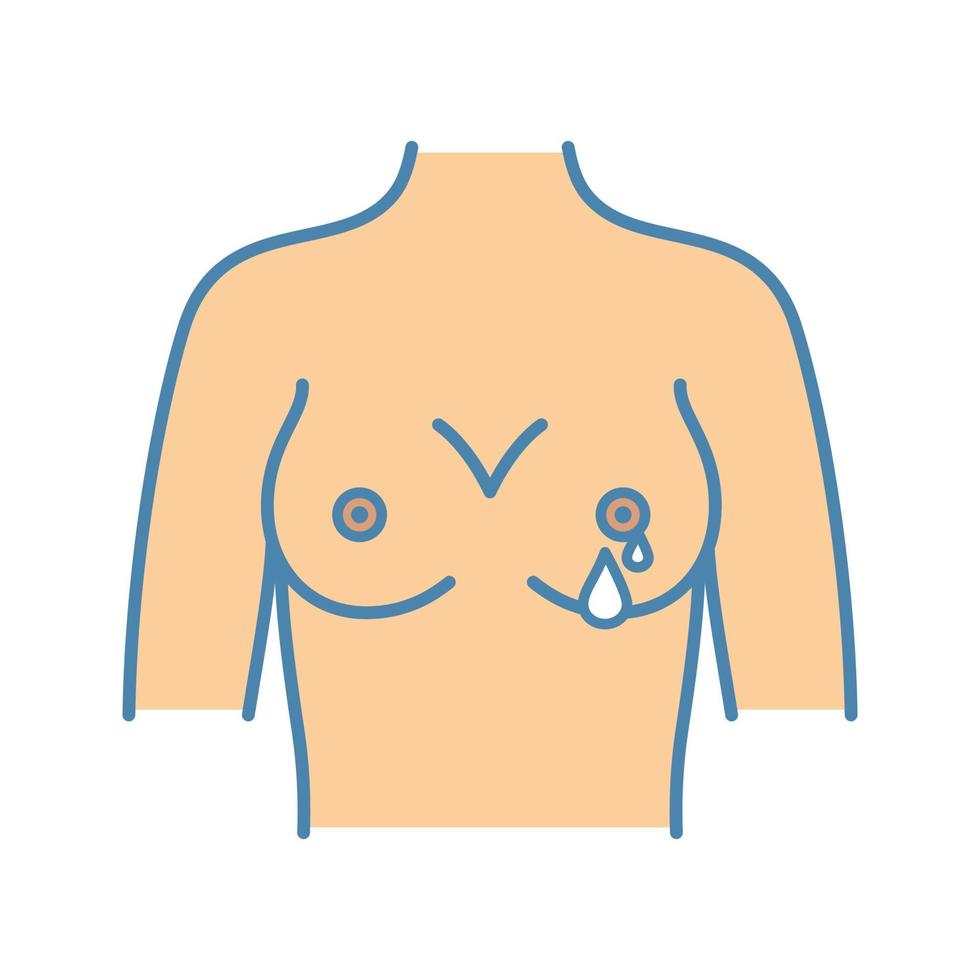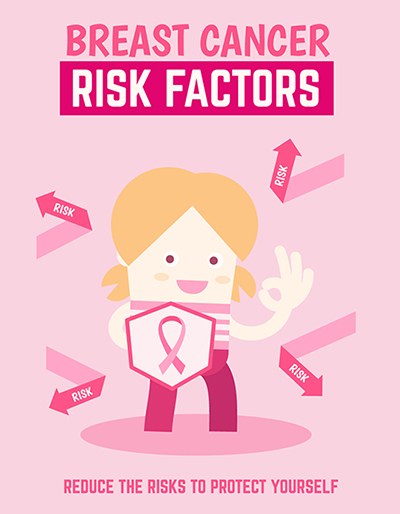Yes, breastfeeding has been associated with a reduction in the risk of breast cancer. The protective effect of breastfeeding is believed to be multifactorial and may include the following factors:
- Hormonal Influence: Breastfeeding leads to changes in hormone levels, such as lower estrogen levels, which may contribute to a decreased risk of breast cancer.
- Cellular Differentiation: The process of breastfeeding promotes the differentiation of mammary cells, making them less prone to becoming cancerous.
- Reduced Number of Menstrual Cycles: Breastfeeding delays the return of menstrual cycles, reducing a woman’s overall lifetime exposure to estrogen, a hormone that can stimulate the growth of some types of breast cancer.
- Clearing Out Mutated Cells: Breastfeeding may help clear out cells with potential DNA damage, reducing the likelihood of these cells developing into cancer.
- Immune System Benefits: Breast milk contains immune-boosting components that may contribute to the mother’s overall health, potentially influencing cancer risk.
It’s important to note that while breastfeeding has been associated with a reduced risk, individual risk factors for breast cancer can vary. Other factors such as family history, genetics, and lifestyle choices also play a role. Women are encouraged to discuss their individual risk profile with healthcare professionals and consider breastfeeding as one component of a comprehensive approach to breast cancer risk reduction.
Elevate your breast health with Dr. R.K. Saggu, a leading Breast Cancer Surgeon in Delhi. Experience compassionate care and specialized expertise for comprehensive breast health solutions. Book your consultation now and embark on a journey towards optimal breast well-being.




